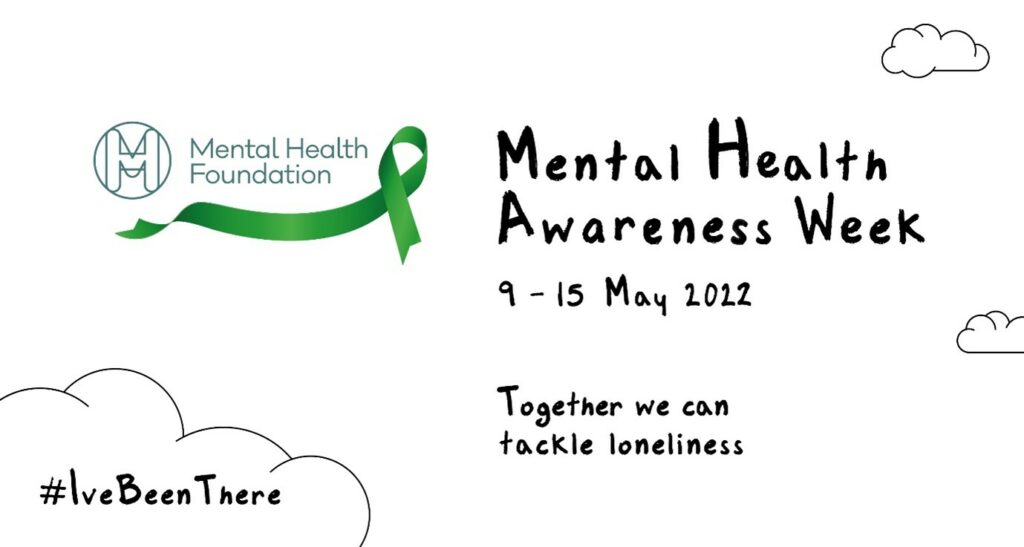It’s no secret that the last few years have been difficult for everyone, not just those experiencing poor mental health. The countless lockdowns, restrictions and lack of social connections have taken a toll on the mental health of many. For Mental Health Awareness Week 2022, the key focus is loneliness.
Why is loneliness important?
We all feel lonely from time to time. Feelings of loneliness are personal, so everyone’s experience of loneliness is different, however, one common description of loneliness is the feeling we get when our need for rewarding social contact and relationships are not met. But loneliness is not always the same as being alone. You may choose to be alone and live happily without much contact with other people, while others may find this a lonely experience.
Feeling lonely isn’t in itself a mental health problem, but the two are strongly linked. Having a mental health problem can increase your chance of feeling lonely and feeling lonely can increase the chances of you developing poor mental health. Some research suggests that loneliness is associated with an increased risk of certain mental health problems, including depression, anxiety, low self-esteem, sleep problems and increased stress.
Loneliness is affecting more and more of us in the UK and has had a huge impact on our physical and mental health during the pandemic. Our connection to other people and our community is fundamental to protecting our mental health and we need to find better ways of tackling the epidemic of loneliness. We can all play a part in this.
For Mental Health Awareness Week, why not get involved and reach out to someone you know? One connection could mean all the world to someone.
You can also take the Humber and North Yorkshire Health and Care Partnership’s free suicide prevention training at www.talksuicide.co.uk

